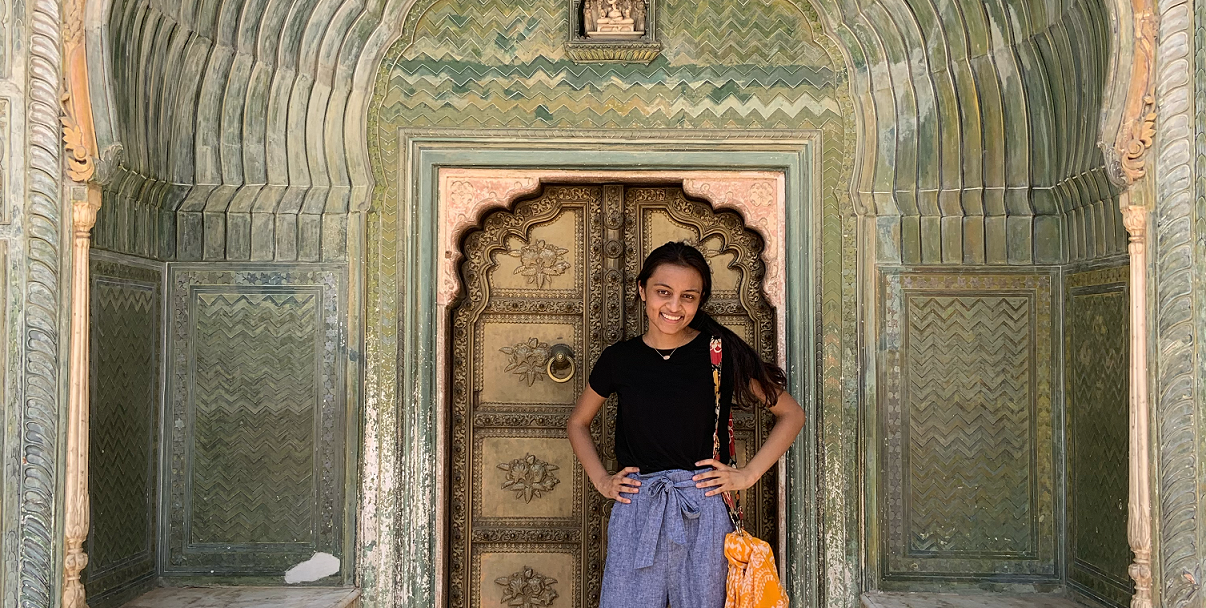More than ‘Thank You’
By: Ria Jain, Wharton ’22

Leap Skills Academy Pvt. Ltd – New Delhi, India
Growing up, I learned to say “thank you,” and to say it a lot. I say it when a stranger holds the door for me, when a classmate says “bless you,” when a friend asks me how I’m doing, and when I buy something at a store. The words “thank you” roll off the tip of my tongue. And so, out of habit, I continued to do the same thing in India. After meeting family members who live near Delhi, though, I learned that “thank you” isn’t always the right reply or an adequate reply.
I didn’t even notice how many times I had said “thank you” before my cousin joked that I would waste all my energy saying the phrase. A few more later, and I was lightly scolded that I was being too formal and that, unlike the U.S., there is no need for “formalities.” At the time, I took this as a compliment, as if she was telling me that I was well-mannered. (So well-mannered, in fact, that “thank you” wasn’t even a formality to me!)
My aunt and uncle bought me an Indian suit a few weeks later, and I said, as I am conditioned to say “thank you” in response. Instead of a “you’re welcome” or a “my pleasure!” as I was expecting, my aunt replied with “Oh god Ria! Should I thank you for coming to visit us too?” She laughed, and added, sarcastically, “thank you Ria for making time for us!”
Even then, I didn’t fully get it. I understood the sentiment that this was family, and even if I can count on one hand how many times I’ve seen them, in family there are just some things you do for each other. They are my family; of course I would visit them! But even then, what was so wrong with adding a “thank you”?
Like the Gen-Zer I am, I googled it. Deepak Singh, a U.S. immigrant from India, gave me the answer I was searching for: “In India, people–especially when they are our elders, relatives, or close friends–tend to feel that by thanking them, you’re violating your intimacy with them and creating formality and distance that shouldn’t exist. They may think that you’re closing off the possibility of relying on each other in the future.”
In India, there is a deeper, unspoken level of gratitude. I’ve seen and experienced it everywhere–with my family, in the Leap office, in markets, and even during rickshaw rides. And it has reminded me that real, genuine gratitude is not about having a nice way to end transactions and that real relationships are not built on transactions. It has reminded me that gratitude is not about trying to get even and not “owe someone” once they’ve done something nice.
In India, I’ve been reminded that having good manners isn’t contingent on me using the words “thank you,” but on my actions and the relationships that I continue to build afterwards.
I will continue to say “thank you,” but after India, I know I will be more intentional about how I do.
The Global Research and Internship Program (GRIP) provides outstanding undergraduate and graduate students the opportunity to intern or conduct research abroad for 8 to 12 weeks over the summer. Participants gain career-enhancing experience and global exposure that is essential in a global workforce. Placements and funding awards are available.